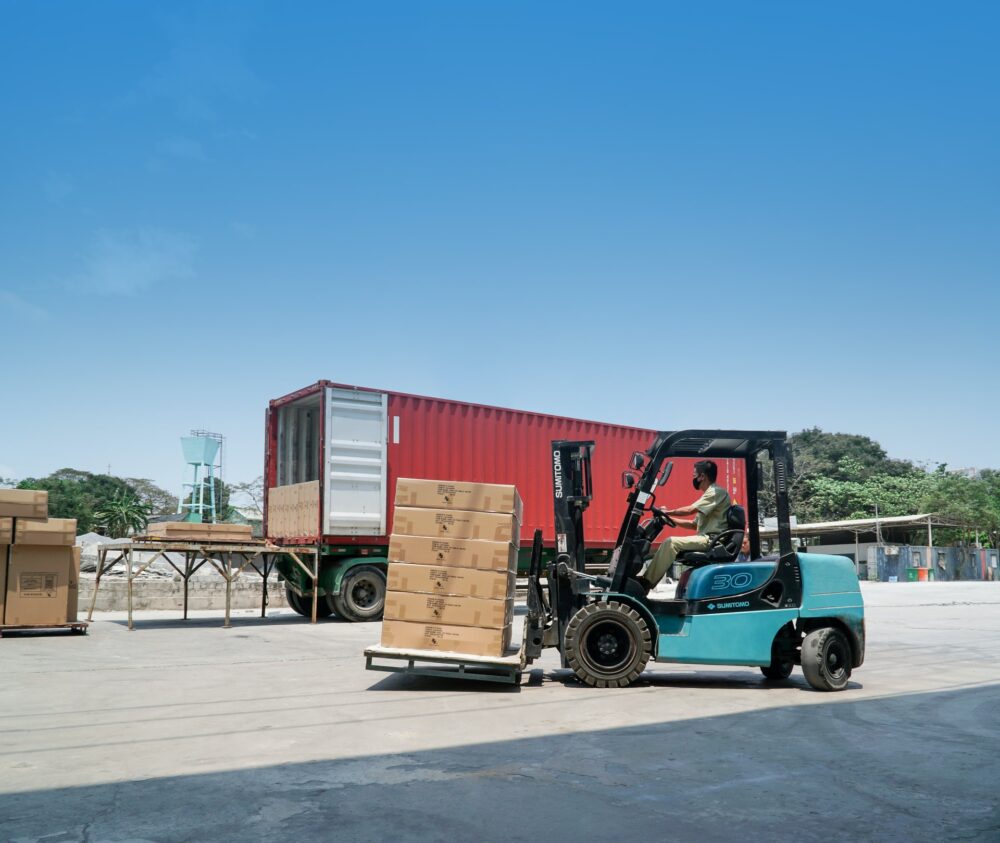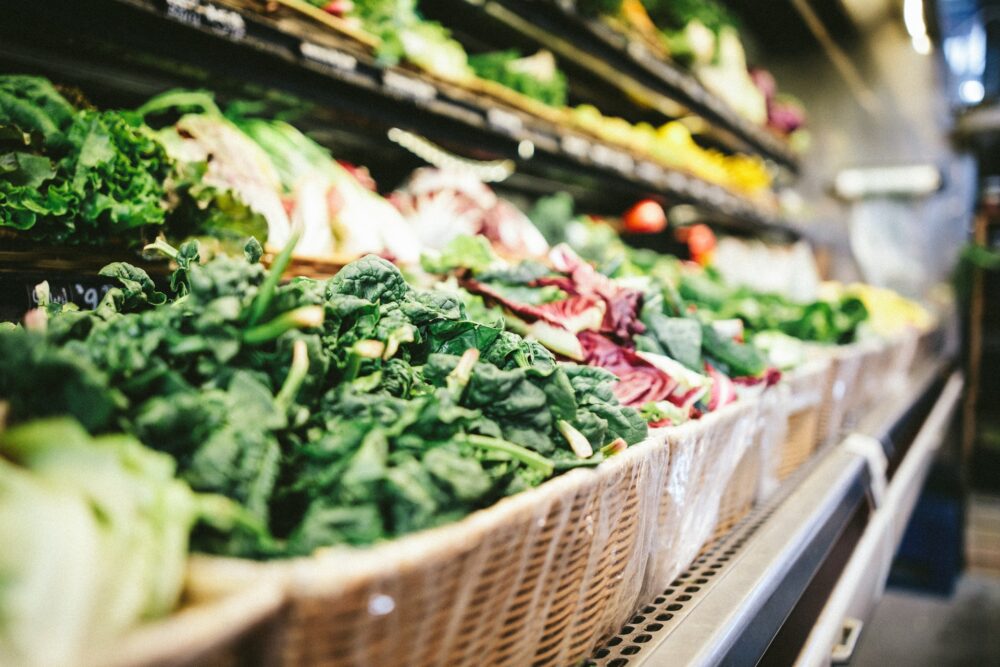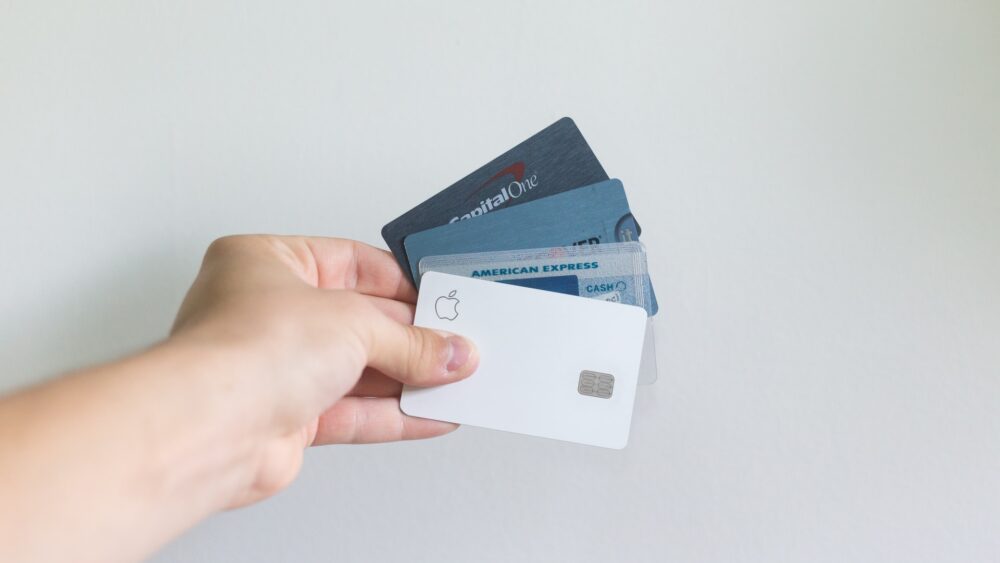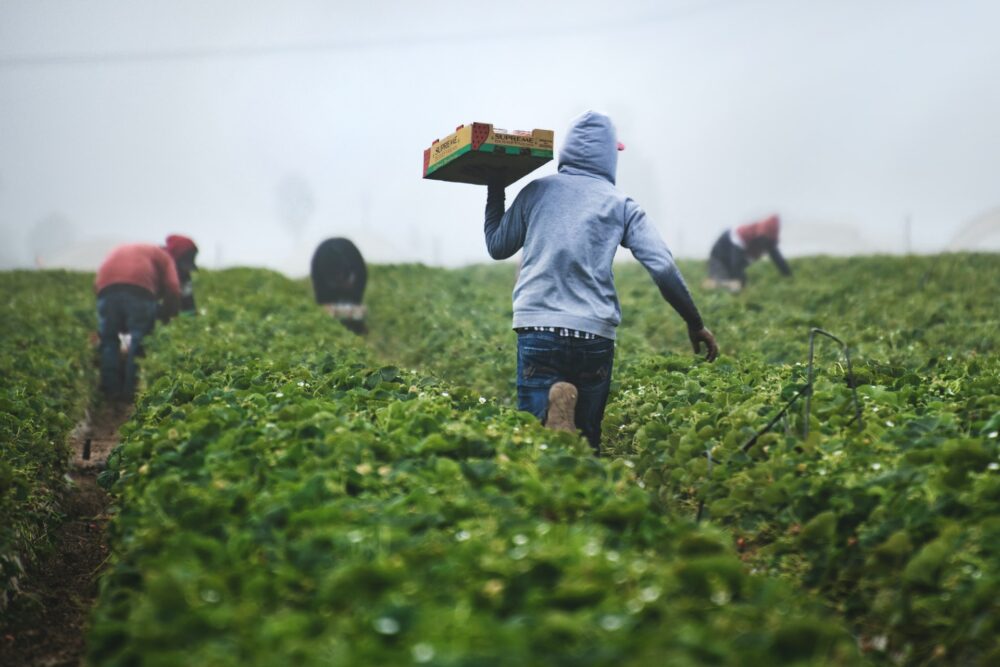As economies struggle with the grave repercussions of the ever-evolving -COVID-19 pandemic on healthcare systems and improvement of living standards, innovation and technological advancements have come out in support on both fronts, offering solutions to existing challenges along with empowering employees to conform during lockdowns and interaction prohibitions.
Behind the accomplishments of individuals working on the front lines of COVID-19, several groups and companies are doing their part to assist. To combat the virus, these firms are leveraging it all from software and robots to good old-fashioned teamwork all across the world.
Let’s have a look at some of these efforts.
From AI technologies in South Korea to fresh produce delivery in Africa, these are among the innovative concepts being implemented by top 2024 innovation Pioneers.
1. Brazil-based Cargo-X

Source: unsplash.com
The Brazilian transportation technology business has established a $5.6 million fund to aid in the distribution of necessary supplies including food, medications, and sanitary items around the nation as the pandemic continued to cause pain and loss across the country.
The plan works by raising the salaries of transporters and drivers, therefore sustaining the market during a period when the nation is being severely impacted by the virus. The mechanism pays 70 per cent of the money when the products are packed and the rest when the things are delivered. As a result, the program helps to distribute the expense in a way that benefits employees when profitability is tight.
2. US-based Takeoff Technologies

Source: unsplash.com
During the epidemic, grocery businesses saw an increase in online sales, and many have expanded digital order placement capabilities to keep up. However, completing online purchases can be difficult when personnel is limited and retail aisles are crowded.
Enter Takeoff Technologies, a commercial technology startup located in the United States, with its “micro-fulfilment centres.” It constructs little depots at the rear of grocery shops, where robots prepare client orders. This eliminates social distance and enables local companies without autonomous navigation warehouses to thrive in food ordering — a phenomenon that COVID-19 is intended to enhance.
3. Starling Financial Institution

Source: unsplash.com
Starling Bank, a British fintech startup, offers a solution for stay-at-home payments for dependent individuals: a bank card that enables a friend or relative to purchase items on the owner’s account. The “Linked debit,” which is connected to the owner’s bank, also eliminates any need for direct transfer of cash or checks, adding an added degree of security for a vulnerable individual.
4. Lunit

Source: unsplash.com
Lunit, a South Korean healthcare software business, creates advanced ai programs that use X-ray pictures to identify lung disorders. The corporation has recently made its software freely available. Hospitals in Brazil and South Korea can submit up to 20 samples each day for AI diagnosis. Artificial intelligence (AI) has played a significant role in flattening the COVID-19 case curve.
5. Twiga Foods and Jumia

Source: unsplash.com
These two Kenyan software companies have joined forces to send fresh vegetables into imprisoned households. Twiga Foods joins a community of 17,000 farmers with markets through its own packing houses; Jumia has a major online delivery operation across Africa.
They hope to combine their skills in delivery and fresh products by working together, enhancing their ability to offer families fresh food securely and amid constraints.
6. Dawex

Source: unsplash.com
Dawex, a global online data exchange located in France, has launched a COVID-19 Data Exchange program. It makes Dawex’s platform available for free to businesses and organizations who need to share non-personal information for research on the virus and reducing its economic impact.
7. Optibus.

Source: unsplash.com
There is operational disruption due to understaffing and restricted destinations. Optibus, a transportation technology business, hopes that its insights will be able to counteract transportation understaffing patterns. It is providing free guidance and advice to mass transportation providers until July to determine the optimal routes, crew plans, and expenses to assist make mass travel feasible in the era of COVID-19.
8. Mirakl

Source: unsplash.com
Among the most difficult issues in the pandemic is ensuring that protective gear reaches the front lines. Mirakl, an e-commerce company, has collaborated with the French authorities to develop a one-stop portal for producers, distributors, and middlemen to interact regarding orders of healthcare hand sanitiser.
While manufacturing of the commodity has increased in France and around the world, without good communication connections, it may not reach the institutions in time or in locations where it is necessary.
How Can You Contribute?
In some places, there have been power shortages due to the reduced number of employees covering the power production firms infrastructures. Therefore, we must implement alternative solutions to combat this, one such is solar power. Invest in high-quality solar panels, batteries and rapid shutdown solar technologies to avoid damage to the solar system.
Another way to prevent long durations of power outages is to invest in high voltage circuit breakers that prevent damage to power systems as a result of voltage issues.
Also, consider automating manufacturing processes while investing in industrial globe valves, piping and storage to support this process. Click here for more information.
The Bottom Line
The concept of a tipping moment for technology acceptance or digital revolution isn’t new, but the poll results show that the COVID-19 problem is a historic tipping point—and that additional adjustments will be necessary as the financial and societal situation unfolds. The findings also demonstrate that businesses may learn a lot from the actions they’ve previously made.


















